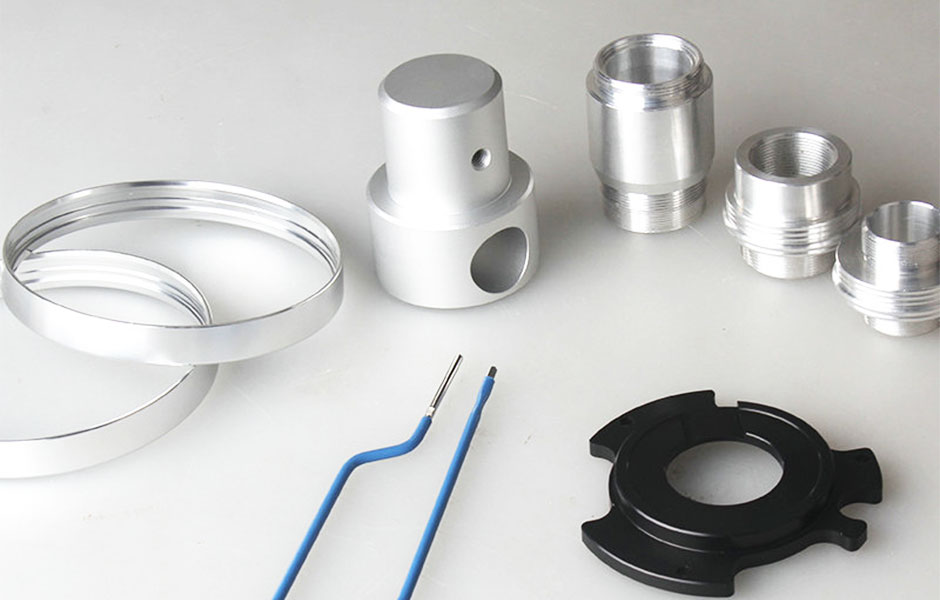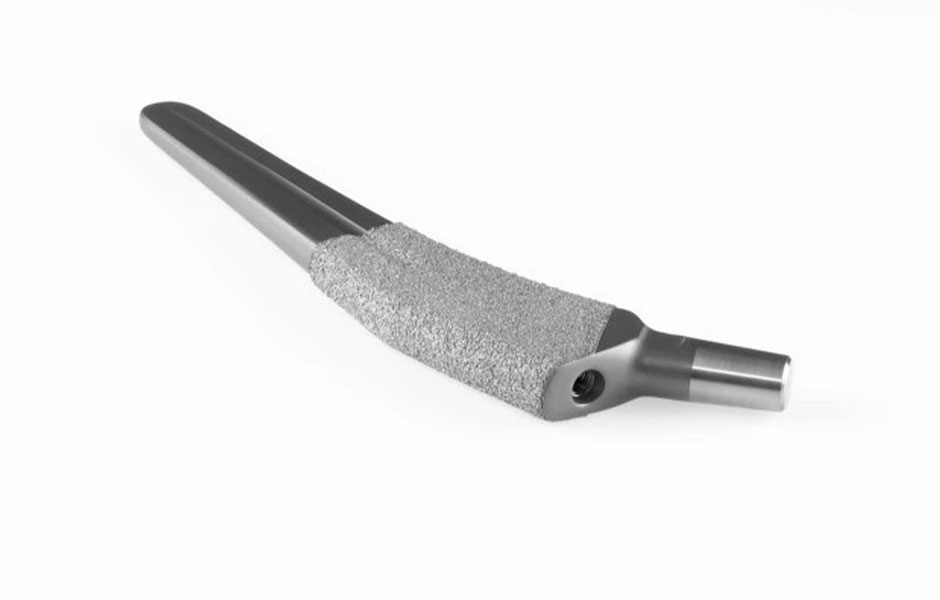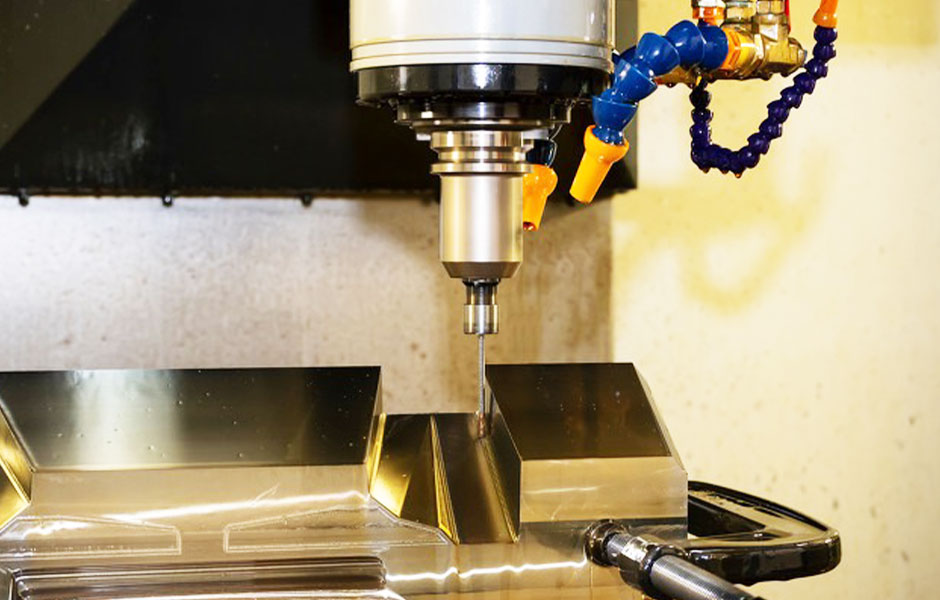Titanium is a magnificent material, and due to its exceptional properties and high biocompatibility, it is widely used in the aerospace and biomedical industries. However, in the same way that its physical properties make titanium great, they also affect the CNC machining process.

What is titanium?
Titanium is a lustrous transition metal discovered in the UK in the 18th century. It has a silvery appearance and, despite its low density, is extremely strong. This makes it a valuable commodity in industries where lightweight is especially important.
In addition to its good strength-to-weight ratio, titanium is also highly resistant to corrosion — from seawater, chlorine, and acids — and is non-toxic even in large amounts. This makes it particularly useful in the medical world, for implants and other medical devices.
In the manufacturing industry, titanium is often alloyed with elements like iron, aluminum, and vanadium.
Why use titanium?

Despite its premium price tag, titanium is an incredibly popular material. Reasons to use titanium include:
- High strength
- Corrosion resistance
- Good strength-to-weight ratio
- Ductility
- Good machinability
- Surface treatment options
- Recyclable
For these reasons, titanium is regularly used in industries like aerospace, automotive, and medical.
Titanium aerospace parts include aircraft engine parts, airframe parts, rotors, and compressor blades. In fact, aerospace drives the production of titanium: two-thirds of all the produced titanium in the world goes into aircraft engines and airframes.
In the medical world, titanium parts include surgical implants (such as long-term hip replacements) and instruments. The metal is also used for items like wheelchairs and crutches.
Considerations for Machining Titanium Parts
Titanium has gained popularity in recent years because of its valuable ability to make lightweight, high-strength, and highly corrosion-resistant products. Parts crafted from titanium tend to last longer while keeping a better performance than other materials. Plus, titanium is nontoxic.
However, titanium is also not perfect. It is a poor thermal conductor, and when its surface does not receive adequate treatment, it can be easily damaged. In addition, the machining process usually leaves behind chatter marks.
All of this contributes to the poor machinability of titanium. Still, luckily machinists worldwide have studied the properties of titanium relative to other metals and found ways to improve the manufacturing process.
For example, machining titanium requires a cautious heat dissipation strategy. To address this, CNC machining experts have established that increasing the number of flutes in the cutting tool is effective when machining titanium parts. Four to six flutes are used for other metals, but titanium often requires ten or even more.
Additionally, to address titanium’s high strength and poor cooling, machinists use special titanium aluminum nitride (TiAlN) or titanium carbo-nitride (TiCN) coated tooling.
In summary, experts advise that the fundamental key to machining titanium is patience. To keep heat accumulation under control, reduce the chatter at surface termination, avoid damage to the piece, and keep the machining process safe, it is suggested to slow down to a safe speed.
CNC MACHINING SERVICE

CNC Services China is a CNC manufacturing and sheet metal fabrication company, including CNC machining services, CNC milling services, CNC turning services, laser cutting services, and stamping services.
CNC Services China offers professional CNC machining and rapid prototyping service for making a wide array of product parts. Our excellent quality control systems ensure that all our deliveries are speedy and standard for every manufacturing size in both low-volume and high-volume productions. Feel free to reach out for a free quote on your project.